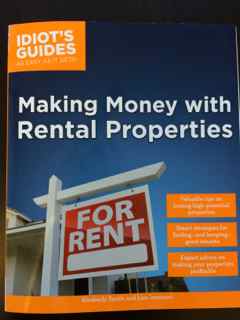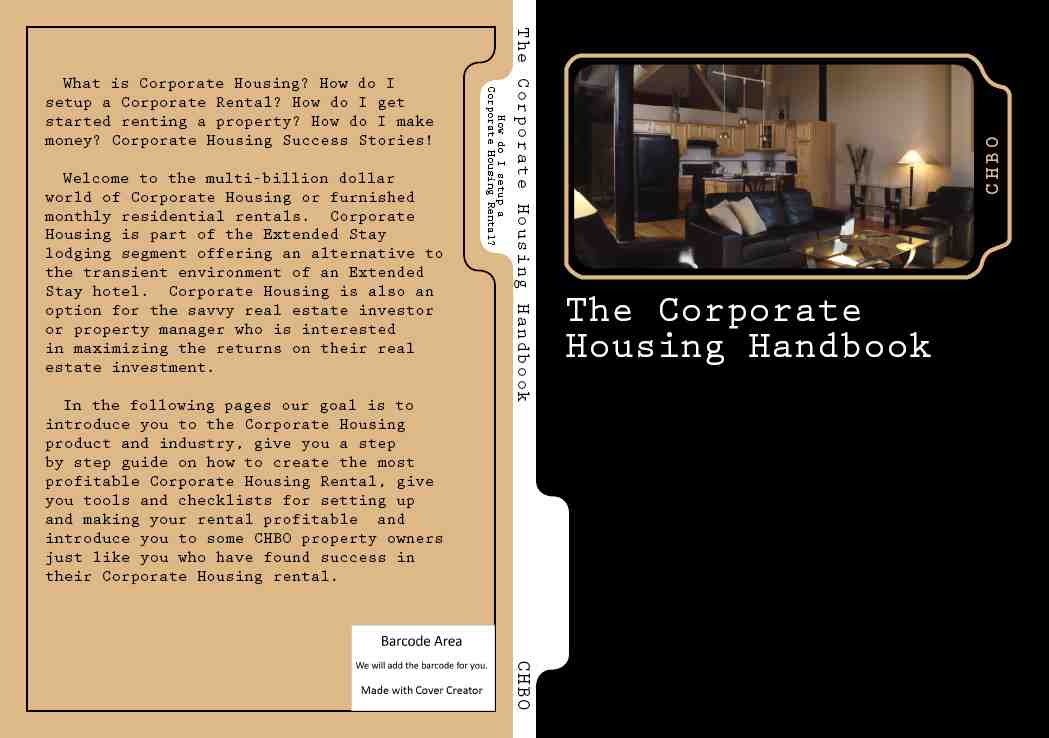Top 5 Property Owner Mistakes and How to Avoid Them!
 Admin
Admin
Published Date: 2014-05-10
Property Owner Mistakes are a part of life - but learn about a few that you need to avoid. Read more below...
When you choose to become a Corporate Rental Owner, you are essentially starting your own business. There are many factors to consider in terms of compliance, tenant selection, and finances. Here are some of the most common pitfalls new property owners experience and the best bets for avoiding them.
1. Using a generic or outdated rental agreement. It is all too easy to find a free, downloadable rental agreement online, yet using one could do you more harm than good if you run into trouble with your tenants. Work with a real estate attorney or reputable online service to draft an agreement that incorporates your local and state laws.
2. Failing to thoroughly research prospective tenants. While it may seem like a hassle or involve costs you don’t wish to pay, not investigating your rental applicants is a huge mistake. At the very least, be sure to verify employment and income, credit history and to check their criminal background.
3. Ignoring dangerous conditions at your rental. Landlords are required by law to make sure their property is up to building code and that it meets health and safety standards. If you fail to make necessary repairs, address environmental hazards, or respond when your property has become a target for criminals, tenants may break the lease, withhold the rent, or make the repair themselves and deduct the expense from the rent.
4. Not pursuing eviction when the tenant is in violation of the rental agreement. Evictions are a headache and can be expensive, plus they are not quick to execute. However, if you look the other way on rental contract violations, you are putting your property, your profits and other tenants at risk. The eviction process should be started immediately after a tenant is found to be in violation. Not only does it send a clear message that you take your business seriously, but it shows that you are knowledgeable about the rental contract and willing to ensure that it is enforced.
5. Failing to return security deposits according to the law. Most states have deadlines by which a landlord is required to return a renter’s deposit, or the balance remaining after itemized deductions have been taken. It is fairly common for a landlord to have several weeks in which to do this. Excessive retention of the deposit can result in harsh fines for the landlord. Here is a security deposit guideline cheat sheet.
 Learn more from The Corporate Housing Handboook.
Learn more from The Corporate Housing Handboook. 



